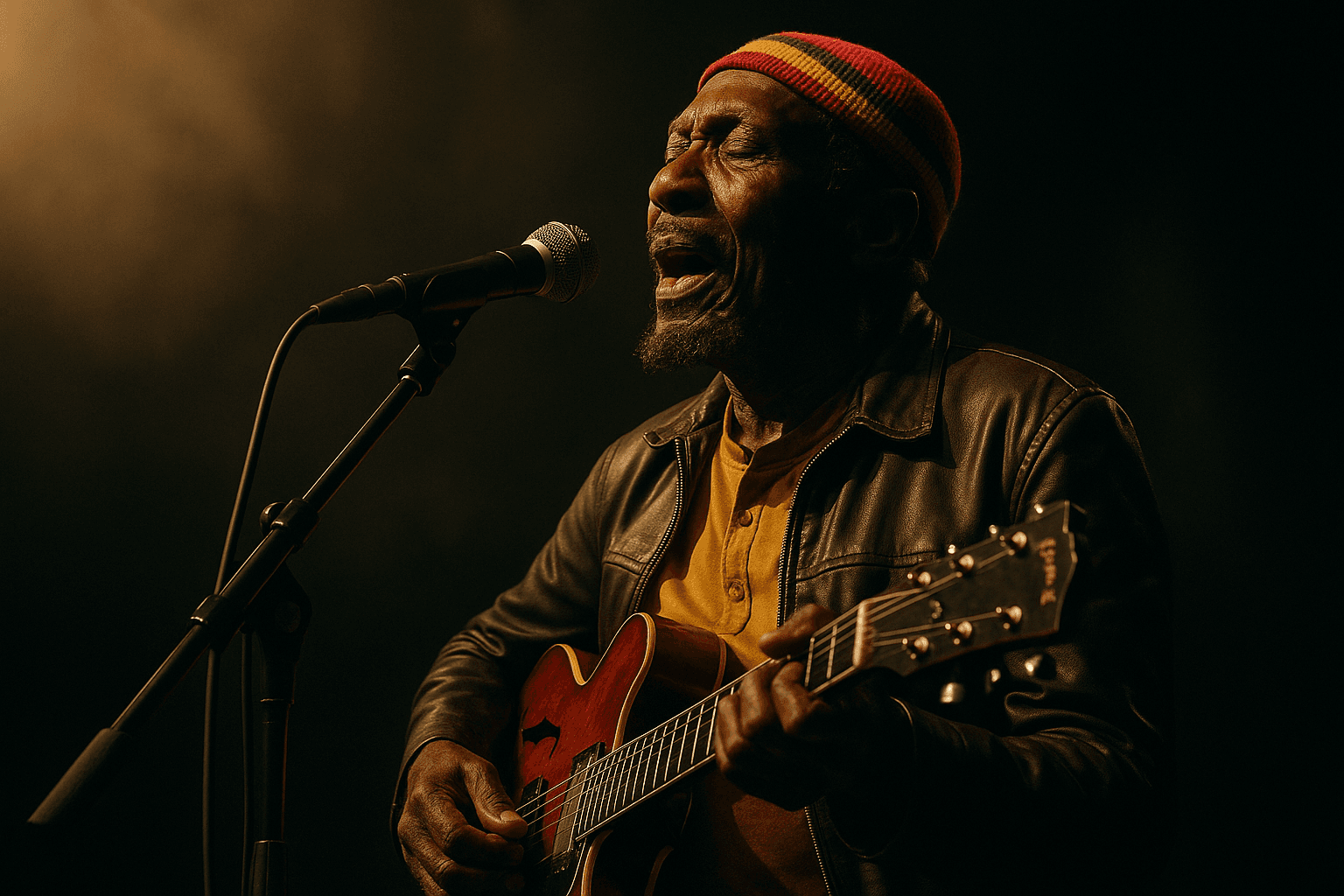Jimmy Cliff Dies at 81, Reggae Pioneer Leaves Global Legacy
Jimmy Cliff, the Jamaican singer and actor whose songs and the film The Harder They Come helped introduce reggae to the world, died at age 81 on November 24, 2025. His death marks the loss of a cultural ambassador whose music shaped global popular culture, influenced generations of artists, and helped transform Jamaican music into an international industry.

Jimmy Cliff, a towering figure in reggae whose career stretched across six decades, died on November 24, 2025, his family announced. He was 81. Cliff’s wife said he suffered a seizure followed by pneumonia, and the family asked for privacy as tributes poured in from fellow musicians and world leaders. Cliff had been both a performer and a symbol of Jamaican cultural reach, celebrated for songs such as Many Rivers to Cross, You Can Get It If You Really Want, and his widely known cover of I Can See Clearly Now. He won a Grammy and was a recipient of Jamaica’s Order of Merit.
Cliff’s significance lies as much in performance as in cultural translation. His tenor voice combined clarity and grit, capable of intimate confession and broad rallying cries, and his songwriting married personal yearning to social observation. On stage and on record Cliff balanced rhythmic restraint with melodic insistence, allowing the syncopated pulse of reggae to carry lyrics that were often universal. He moved easily between acoustic balladry and driving grooves, making his catalogue adaptable to diverse audiences and ensuring that his songs could be heard on radio, in film, and at festivals around the world.
The Harder They Come, the 1972 film in which Cliff starred and to which he contributed a landmark soundtrack, remains a central chapter in his legacy. The movie carried reggae into cinemas beyond Jamaica, and the soundtrack turned songs into international touchstones. That crossover success helped open markets for other Jamaican artists and established a model for music films and soundtracks as tools for cultural export. Cliff’s career thus presaged later industry trends in global music, where regional sounds become international genres through film, touring, licensing, and eventually streaming.
Cliff’s influence is evident in the musical and commercial structures that followed. Reggae became a presence at major music festivals, a staple of world music compilations, and a respected lineage sampled and referenced in pop, hip hop, and electronic music. The industry’s embrace of roots music and the commercial viability of artists who speak to diasporic experiences owe something to the pathways Cliff helped clear. As catalog curators and streaming platforms repackage classic recordings for new listeners, Cliff’s work is likely to find renewed audiences and continue generating royalties and influence.

Culturally, Cliff occupied a space beyond entertainer. His art spoke to postcolonial identity, migration, and resistance, and he stood as a figure of Caribbean pride whose music voiced both critique and hope. The international recognition he received, including national honors, reflected how Jamaican culture has functioned as soft power. His passing will prompt reflection on how popular music contributes to national narratives and international solidarity.
The immediate picture is one of mourning and commemoration. Beyond the tributes and accolades, Jimmy Cliff’s death invites a reckoning with his role in making Jamaican rhythms a shared global language and with the social currents his music illuminated. As the music world marks his loss, his recordings and the film that propelled him will continue to circulate, carrying his voice to new listeners and securing his place in the cultural history of the twentieth and twenty first centuries.


